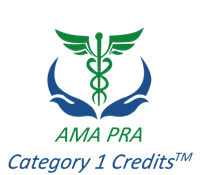Lina Machtoub
Innsbruck Universitätsklinik für Radiologie, Neuronanomed ALS Zentrum- BrünstlMedizin, Germany
Title: Nanomedicine in the diagnosis and therapy of ALS
Biography
Biography: Lina Machtoub
Abstract
Amyotrophic lateral sclerosis (ALS), also known as Lou Gehrig's disease, is the most common adult-onset motor neuron disease. It is a rapidly advancing neurodegenerative disorder, characterized by the deterioration of both upper and lower motor neurons, with a mean time of survival from onset of symptoms to death of 2–5 years. The pathophysiology of ALS remains poorly understood. The only FDA approved therapy for ALS is riluzole, a glutamatergic neurotransmission inhibitor, with modest benefits on survival. Many other agents have shown promising results in preclinical trials, but have yet to show benefit in human clinical trials. Given the limited therapeutic treatment options to date, the most important approach to improve the patient's quality of life remains symptom-based management. Recently the interest in nanoneuromedicine has grown rapidly due to the immediate need for improved biomarkers and therapies for degenerative nervous system disorders. The advent of nanomedicines can enhance the delivery of biologically active molecules for targeted therapy and imaging. In addition, nanomedical advances are leading to therapies that target CNS pathobiology and as such, can interrupt disordered protein aggregation, deliver functional neuroprotective proteins and alter the oxidant state of affected neural tissues. The work presents the latest contribution of nanomedicine with some underlying new developments in cell based delivery strategies, which could be a promising approach for the treatment of ALS.

